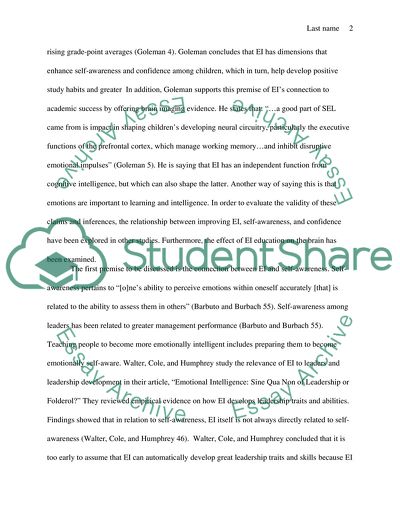Cite this document
(Golemans Emotional Intelligence Book Report/Review, n.d.)
Golemans Emotional Intelligence Book Report/Review. Retrieved from https://studentshare.org/psychology/1784855-book-review-of-emotional-intellegence
Golemans Emotional Intelligence Book Report/Review. Retrieved from https://studentshare.org/psychology/1784855-book-review-of-emotional-intellegence
(Golemans Emotional Intelligence Book Report/Review)
Golemans Emotional Intelligence Book Report/Review. https://studentshare.org/psychology/1784855-book-review-of-emotional-intellegence.
Golemans Emotional Intelligence Book Report/Review. https://studentshare.org/psychology/1784855-book-review-of-emotional-intellegence.
“Golemans Emotional Intelligence Book Report/Review”, n.d. https://studentshare.org/psychology/1784855-book-review-of-emotional-intellegence.


